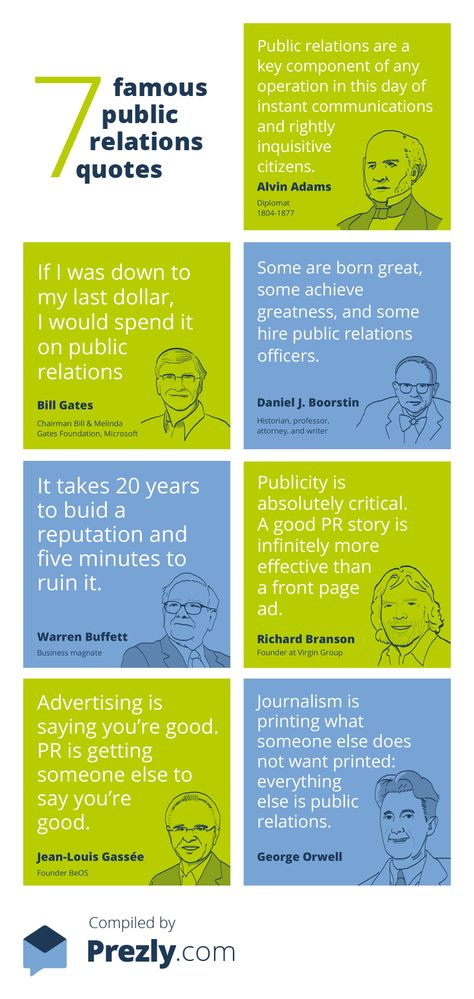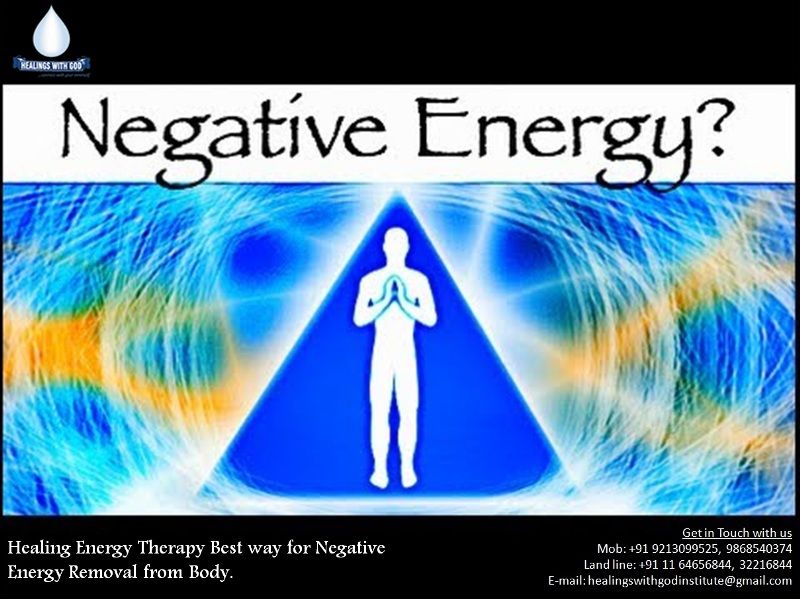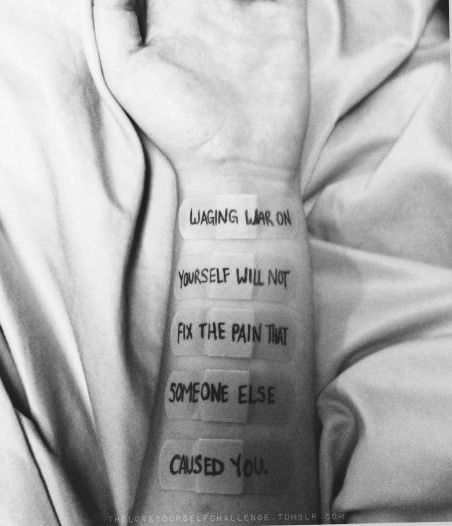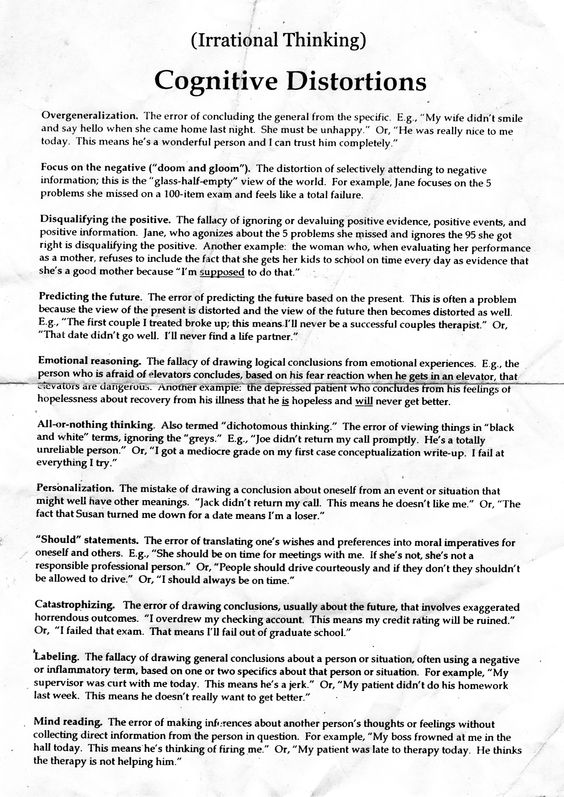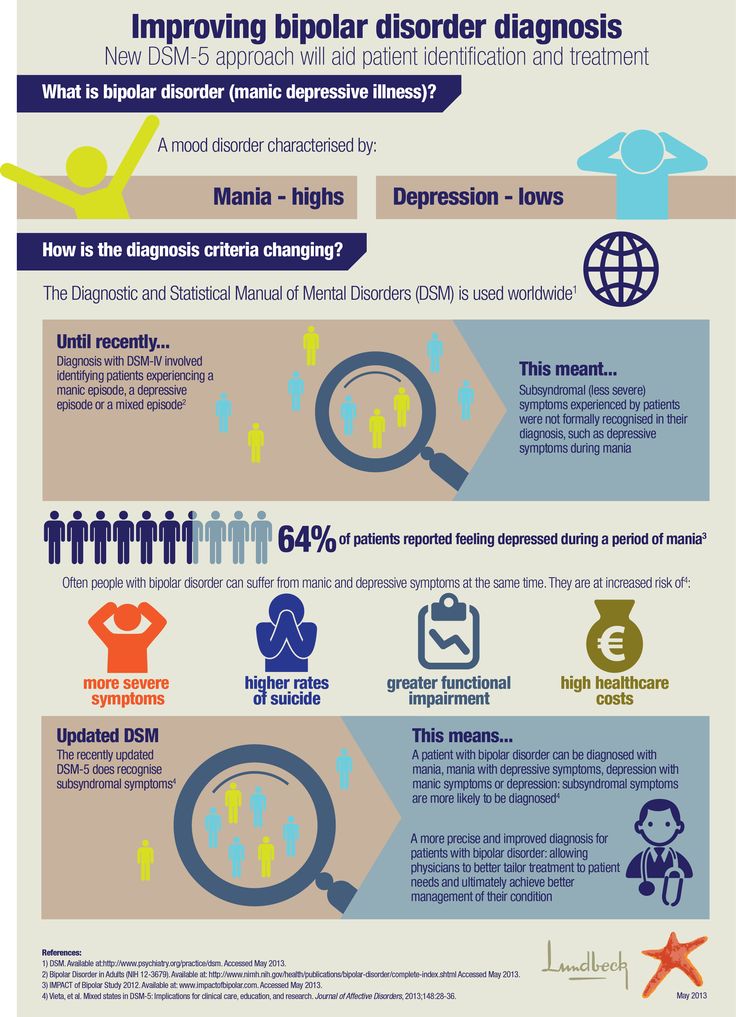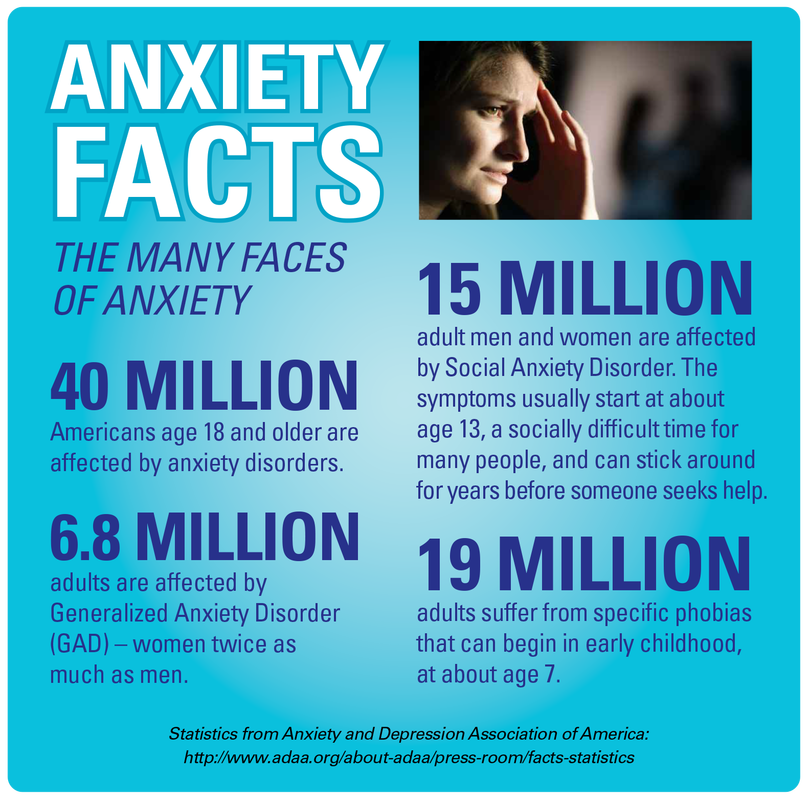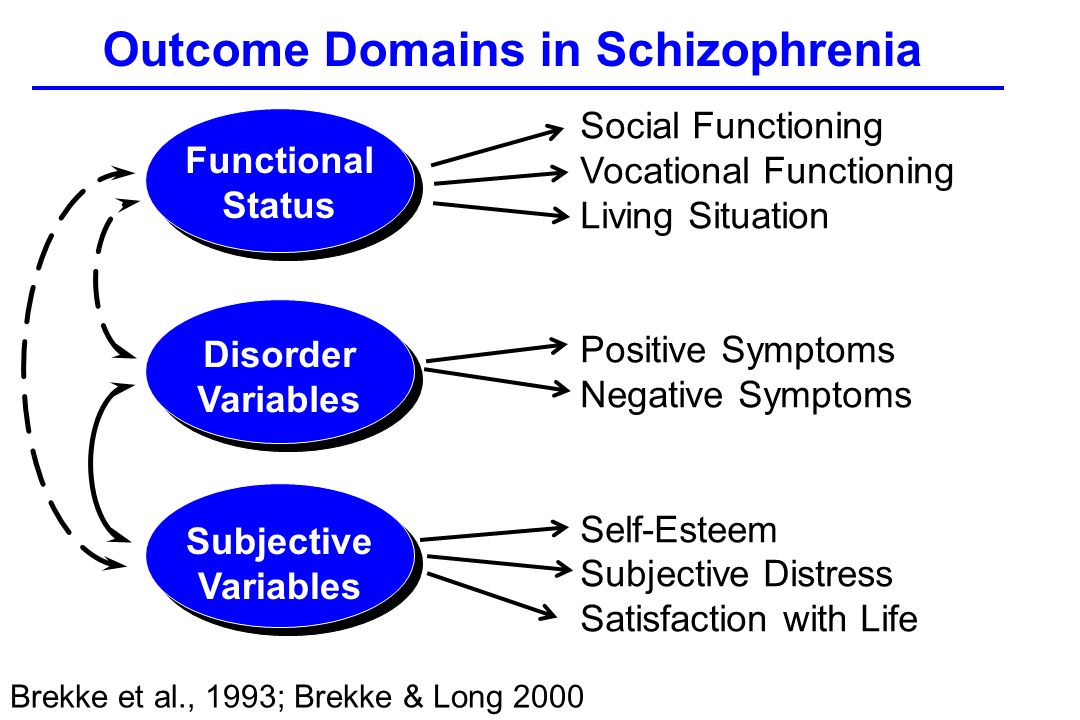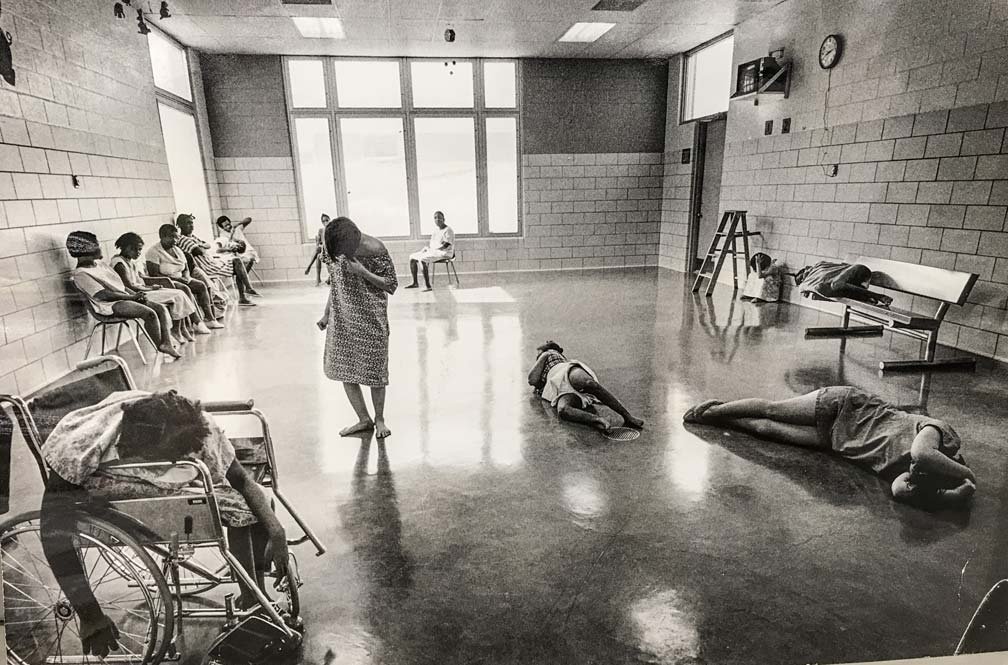What is the key to a good relationship
8 Principles to Fortify Your Relationship
“Hindsight,” “grass is greener,” “love is all you need” and other adages aside, you might be curious what makes a relationship strong and long?
Maybe it was love at first sight that brought you together or a mutual friend who introduced you to one another. Perhaps it was an online dating platform that gathered data on every detail that makes you unique and paired you with your ideal match.
No matter how you became a couple, you both are sure that this union is destined to be your “at last love.”
However, you also know that sometimes even endless love can have its challenges. These difficulties may arise because of life stressors, differences in communication styles, or as you and your mate journey through different relationship stages.
But what can you do to help ensure your relationship stays strong and happy — even through the rough stuff?
Before diving into what makes love strong, it’s a good idea to look at some of the most common red flags in romantic relationships that may indicate you and your partner aren’t relating in a healthy way.
A greater understanding of what typically doesn’t work may help you successfully build the loving relationship you want.
Signs to look out for include:
- One of you attempts to control the other.
- Trust is lacking.
- You or your partner feel uncomfortable expressing needs or wants.
- There’s ongoing unresolved conflict.
- Criticism, contempt, defensiveness, or stonewalling is present in the relationship most of the time.
According to a 2013 article published by the Gottman Institute, contempt is the single most significant predictor of divorce or relationship breakdown. It is often the result of long-term unresolved conflict that manifests as one person feeling moral superiority over another.
So what makes a relationship strong? Is it all about trust? Sexual satisfaction? Or something else?
To help answer this universal question, researchers used machine learning to examine relationship variables in 11,196 couples during a 2020 study.
They found that, above all, feeling your partner was committed to the relationship for the long haul and how appreciative you are of your mate were the largest predictors of relationship satisfaction.
Maintaining a relationship and making it strong and resilient to life’s challenges takes a willingness of both partners to put in time and effort.
Here are some key strategies.
As life’s obligations pile up, loving your partner can quickly fall to the bottom of the to-do list. Luckily, caring for your relationship doesn’t have to entail grand vacations or extravagant gifts. Sometimes it’s the little things that make the most impact.
Prioritizing quality time together, ensuring your partner feels heard and understood, and practicing small acts of kindness every day can help build a strong bond even when life stressors get in the way.
Being around each other every day is not the same thing as being present for your partner. Being truly present in another person’s life means involving yourself in their hopes and dreams, and taking time to notice and compliment their accomplishments. It also involves showing genuine empathy when they are facing challenges.
It also involves showing genuine empathy when they are facing challenges.
Simply expressing your desire to know and understand your mate can help strengthen your bond and make them feel like you’re both on the same team.
Good communication involves more than just talking. It’s includes sharing your thoughts, feelings, and needs in a way that respects the other person. It also involves active listening.
Successful communication makes both people feel heard and understood.
In romantic relationships, love languages are also a form of communication. By learning how your partner expresses and receives love, you can more effectively meet their relationship needs.
Research published in 2019 suggests that if you or your partner has a mental health condition, it can create stress on the relationship. Conditions that can cause relationship difficulties include:
- narcissistic personality disorder (NPD)
- bipolar disorder
- depression
- substance use disorder (SUD)
- anxiety disorders
- post-traumatic stress disorder (PTSD)
If you’re experiencing mental health challenges, you are not alone.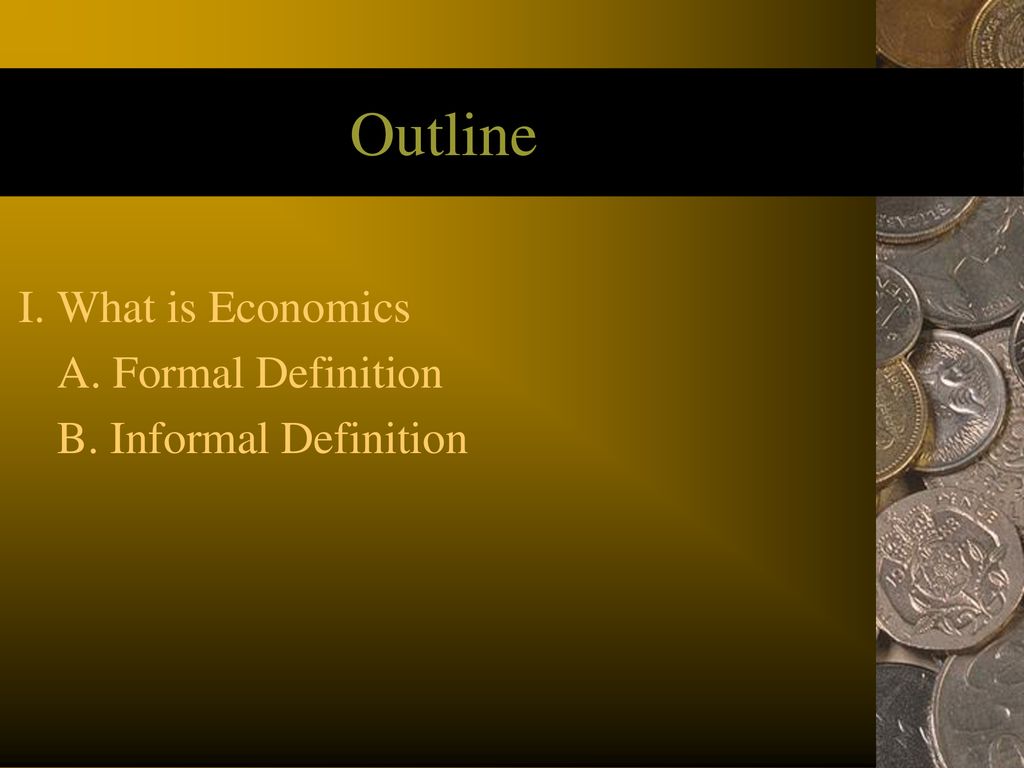 Consider seeking the help of a mental health professional to get the diagnosis and treatment you need. Once you feel better, you may be more able to focus on building the relationship you want.
Consider seeking the help of a mental health professional to get the diagnosis and treatment you need. Once you feel better, you may be more able to focus on building the relationship you want.
Expectations of how your partner should behave or feel can wreak havoc in a relationship. It’s helpful to remember that your partner is not an exact copy of you and has their own wants, needs, boundaries, and goals. Learning to accept them for who they are, including perceived flaws, can build mutual feelings of respect and love.
Conflict happens in all relationships. But before reacting to your partner with an emotionally charged response, consider taking some time to think, reflect, and develop insight into why this issue is causing you distress.
You may find that what they’ve done or said has triggered unresolved issues within yourself. Or, after thinking about it, you may realize it isn’t as serious of a problem as you first thought. By recognizing and addressing this, you may be better able to respond calmly and communicate your concerns more effectively.
Trust is an important aspect of any relationship. Without it, your partnership can experience a myriad of challenges like jealousy and conflict. Building the trust you and your partner need involves being open and honest.
Being truthful with your partner is important, but so is being a safe place for their truths to land. This may require you to be willing to deal with uncomfortable topics in a tactful way so your partner feels secure telling you something that might create conflict.
If you are tired, overwhelmed, or constantly giving much and getting little in return, you might not have the energy or desire needed to nurture your relationship.
Taking time to practice self-care, even if that includes time away from your partner to hang out with friends or engage in hobbies you like, can help promote healthy boundaries and the overall health of your relationship.
Relationships are complex, and each one is unique. So some techniques for building a strong partnership that works for one couple might not work for you and your partner, and that’s OK.
If you are unsure where to begin, having a mutual willingness to put in the effort necessary for a strong bond is a great start. Once you’ve both committed to strengthening your bond, you can then begin creating a relationship that stands the test of time and gives you and your partner the joy and happiness you both deserve.
8 Principles to Fortify Your Relationship
“Hindsight,” “grass is greener,” “love is all you need” and other adages aside, you might be curious what makes a relationship strong and long?
Maybe it was love at first sight that brought you together or a mutual friend who introduced you to one another. Perhaps it was an online dating platform that gathered data on every detail that makes you unique and paired you with your ideal match.
No matter how you became a couple, you both are sure that this union is destined to be your “at last love.”
However, you also know that sometimes even endless love can have its challenges. These difficulties may arise because of life stressors, differences in communication styles, or as you and your mate journey through different relationship stages.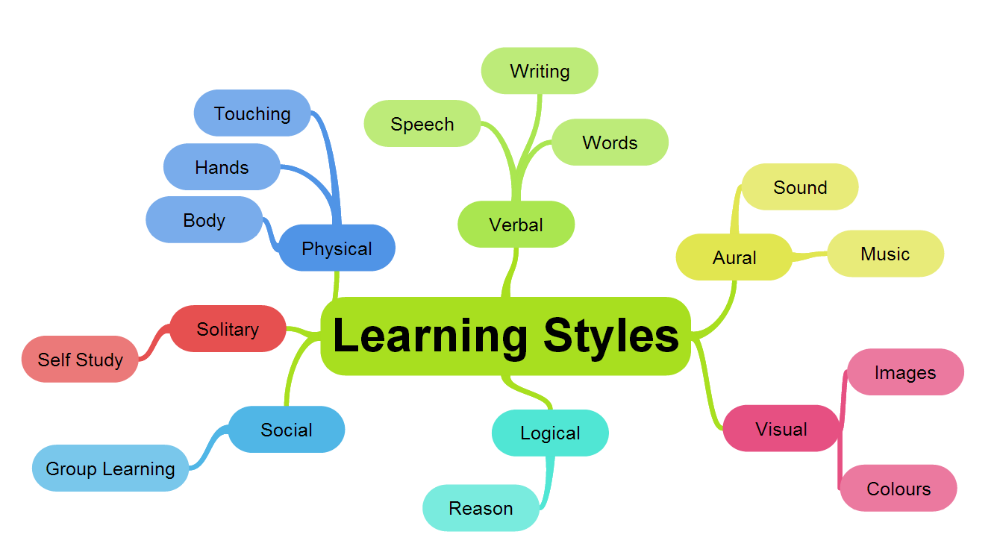
But what can you do to help ensure your relationship stays strong and happy — even through the rough stuff?
Before diving into what makes love strong, it’s a good idea to look at some of the most common red flags in romantic relationships that may indicate you and your partner aren’t relating in a healthy way.
A greater understanding of what typically doesn’t work may help you successfully build the loving relationship you want.
Signs to look out for include:
- One of you attempts to control the other.
- Trust is lacking.
- You or your partner feel uncomfortable expressing needs or wants.
- There’s ongoing unresolved conflict.
- Criticism, contempt, defensiveness, or stonewalling is present in the relationship most of the time.
According to a 2013 article published by the Gottman Institute, contempt is the single most significant predictor of divorce or relationship breakdown. It is often the result of long-term unresolved conflict that manifests as one person feeling moral superiority over another.
So what makes a relationship strong? Is it all about trust? Sexual satisfaction? Or something else?
To help answer this universal question, researchers used machine learning to examine relationship variables in 11,196 couples during a 2020 study.
They found that, above all, feeling your partner was committed to the relationship for the long haul and how appreciative you are of your mate were the largest predictors of relationship satisfaction.
Maintaining a relationship and making it strong and resilient to life’s challenges takes a willingness of both partners to put in time and effort.
Here are some key strategies.
As life’s obligations pile up, loving your partner can quickly fall to the bottom of the to-do list. Luckily, caring for your relationship doesn’t have to entail grand vacations or extravagant gifts. Sometimes it’s the little things that make the most impact.
Prioritizing quality time together, ensuring your partner feels heard and understood, and practicing small acts of kindness every day can help build a strong bond even when life stressors get in the way.
Being around each other every day is not the same thing as being present for your partner. Being truly present in another person’s life means involving yourself in their hopes and dreams, and taking time to notice and compliment their accomplishments. It also involves showing genuine empathy when they are facing challenges.
Simply expressing your desire to know and understand your mate can help strengthen your bond and make them feel like you’re both on the same team.
Good communication involves more than just talking. It’s includes sharing your thoughts, feelings, and needs in a way that respects the other person. It also involves active listening.
Successful communication makes both people feel heard and understood.
In romantic relationships, love languages are also a form of communication. By learning how your partner expresses and receives love, you can more effectively meet their relationship needs.
Research published in 2019 suggests that if you or your partner has a mental health condition, it can create stress on the relationship. Conditions that can cause relationship difficulties include:
Conditions that can cause relationship difficulties include:
- narcissistic personality disorder (NPD)
- bipolar disorder
- depression
- substance use disorder (SUD)
- anxiety disorders
- post-traumatic stress disorder (PTSD)
If you’re experiencing mental health challenges, you are not alone. Consider seeking the help of a mental health professional to get the diagnosis and treatment you need. Once you feel better, you may be more able to focus on building the relationship you want.
Expectations of how your partner should behave or feel can wreak havoc in a relationship. It’s helpful to remember that your partner is not an exact copy of you and has their own wants, needs, boundaries, and goals. Learning to accept them for who they are, including perceived flaws, can build mutual feelings of respect and love.
Conflict happens in all relationships. But before reacting to your partner with an emotionally charged response, consider taking some time to think, reflect, and develop insight into why this issue is causing you distress.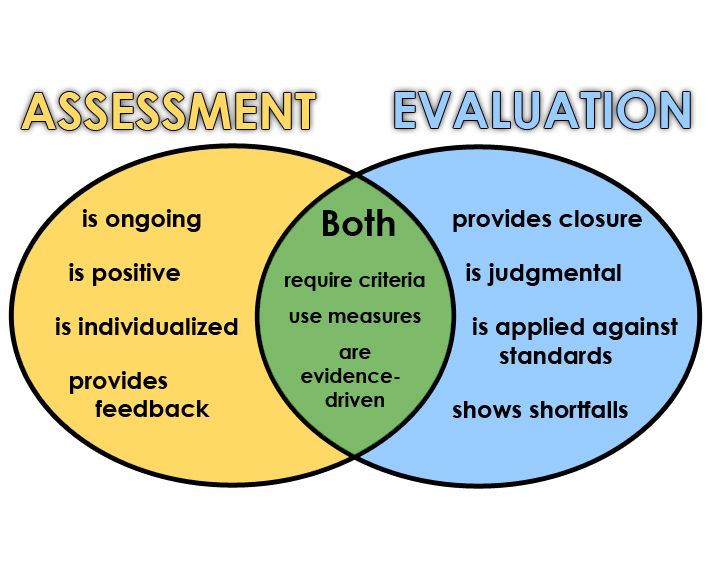
You may find that what they’ve done or said has triggered unresolved issues within yourself. Or, after thinking about it, you may realize it isn’t as serious of a problem as you first thought. By recognizing and addressing this, you may be better able to respond calmly and communicate your concerns more effectively.
Trust is an important aspect of any relationship. Without it, your partnership can experience a myriad of challenges like jealousy and conflict. Building the trust you and your partner need involves being open and honest.
Being truthful with your partner is important, but so is being a safe place for their truths to land. This may require you to be willing to deal with uncomfortable topics in a tactful way so your partner feels secure telling you something that might create conflict.
If you are tired, overwhelmed, or constantly giving much and getting little in return, you might not have the energy or desire needed to nurture your relationship.
Taking time to practice self-care, even if that includes time away from your partner to hang out with friends or engage in hobbies you like, can help promote healthy boundaries and the overall health of your relationship.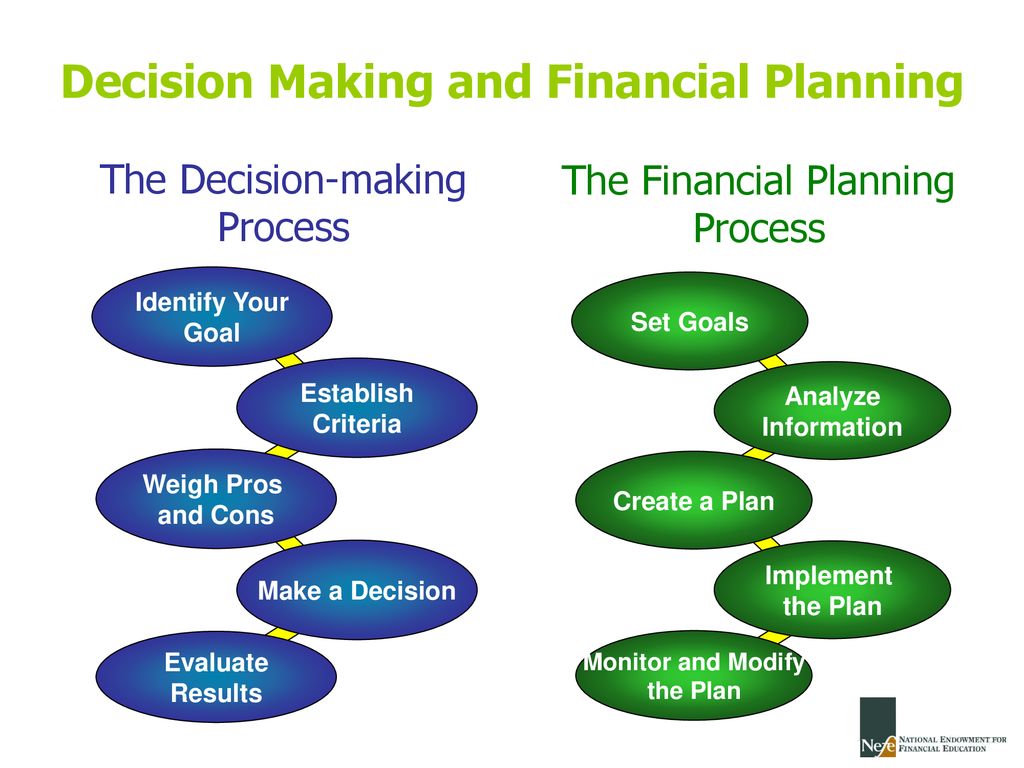
Relationships are complex, and each one is unique. So some techniques for building a strong partnership that works for one couple might not work for you and your partner, and that’s OK.
If you are unsure where to begin, having a mutual willingness to put in the effort necessary for a strong bond is a great start. Once you’ve both committed to strengthening your bond, you can then begin creating a relationship that stands the test of time and gives you and your partner the joy and happiness you both deserve.
14 signs of a strong and healthy relationship
July 7, 2020 Relationship
Try to analyze your relationship according to these criteria and find out if things are going so smoothly in your couple.
Signs of a Healthy Relationship
1. You Share Values
In a relationship, you can and sometimes even need to accept some differences. You may hold different political views; dating an atheist, being a deeply religious person; differently evaluate the work of Madonna or Max Korzh.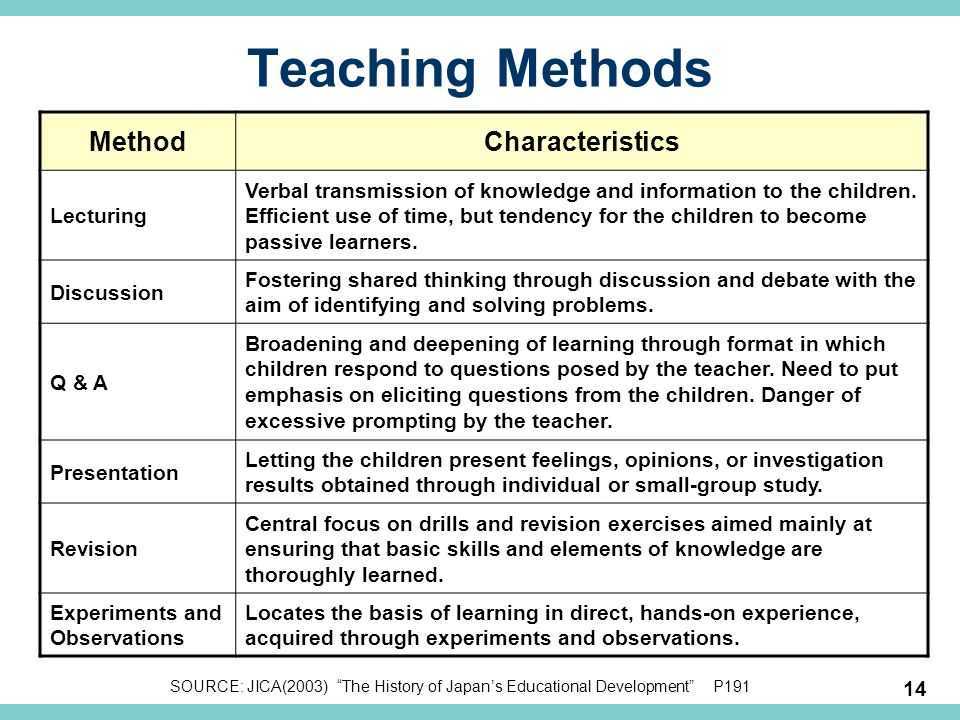
Perhaps the most important thing is to look in the same direction and share the key principles of life. And it’s also great to have similar views on how relationships in the family should be built.
2. You respect each other
Mutual respect is the key to a long and successful relationship. You do not manipulate the partner's feelings, but go towards each other, not trying to teach the other about life.
Never, anywhere and under any pretext do not look into someone else's mobile phone. Leave this Pandora's box closed and sleep well.
3. You bring out the best in each other, not the worst
In my previous relationships, I was constantly told that I was not living up to expectations. At some point, I almost believed that I couldn’t do anything, I began to mentally add the prefix “under” to all my actions and qualities.
Normal relationships are built on mutual respect (see #2), where two people help each other grow and develop, but don't force them to change under pressure.
Change is an important, positive and useful part of life, but you need to want to change yourself. In a healthy relationship, you both grow and develop as individuals, rather than becoming the object of constant judgment and criticism from your partner.
4. You like to have fun together
You also need to know how to have fun together. I must admit: all people are different, everyone has their own understanding of fun. It is important that your vision of a good party coincides with the opinion of your partner and that both enjoy the process. Some people like noisy parties and wild dances, while others like the idea of becoming members of an intellectual club.
5. You can count on a partner in a difficult situation
Life is not an easy thing, and sometimes we all find ourselves in a difficult situation. In a right and healthy relationship, you should see in a partner a support that will not be afraid and will not run away from difficulties.
Your partner is a friend and ally. He is ready to be there, to help at a difficult moment, and not only shares moments of joy and universal fun with you.
6. You take care of each other
Caring for your neighbor is a normal human need. In a healthy relationship, you want to love and be loved. You not only take away, but also easily give away, without demanding anything and without expecting anything in return.
To love is to find your own happiness in the happiness of another person.
And you also want to share everything. If you find yourself in a cool place alone, then you will definitely think: "It's a pity that my half is not around, it would be great to share this experience."
7. You trust your partner and feel at ease
Total control is more suitable for an army. In a healthy relationship, you do not demand every minute report on everything, but trust each other and, no less important, are confident in yourself.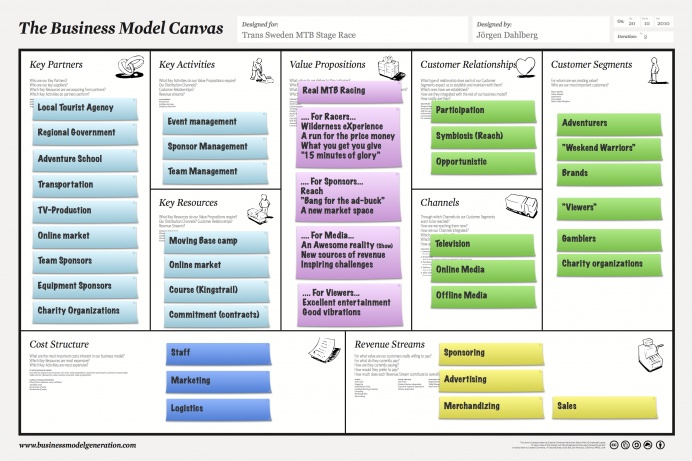
In a normal relationship, you don't waste your time analyzing your partner's incomprehensible actions and searching for hidden meanings in conversations with friends, but you feel calm and can fruitfully go about your business.
8. You talk to each other
Communication is an important element of a healthy relationship. You do not think, but ask directly and voice your desires, not trying to pathologically avoid conflict. People do not read minds and may simply not know that you are missing something. You understand this very well, so do not hesitate to ask your partner about what is important to you. And you can not only speak, but also listen.
9. You feel comfortable being silent together
Talking about interesting topics is really cool, but sometimes it's more important to be able to keep silent together. In a healthy relationship, you are comfortable just being around. You do not try to fill all the pauses that have arisen with unnecessary words and do not get tired of each other if you do not utter a word.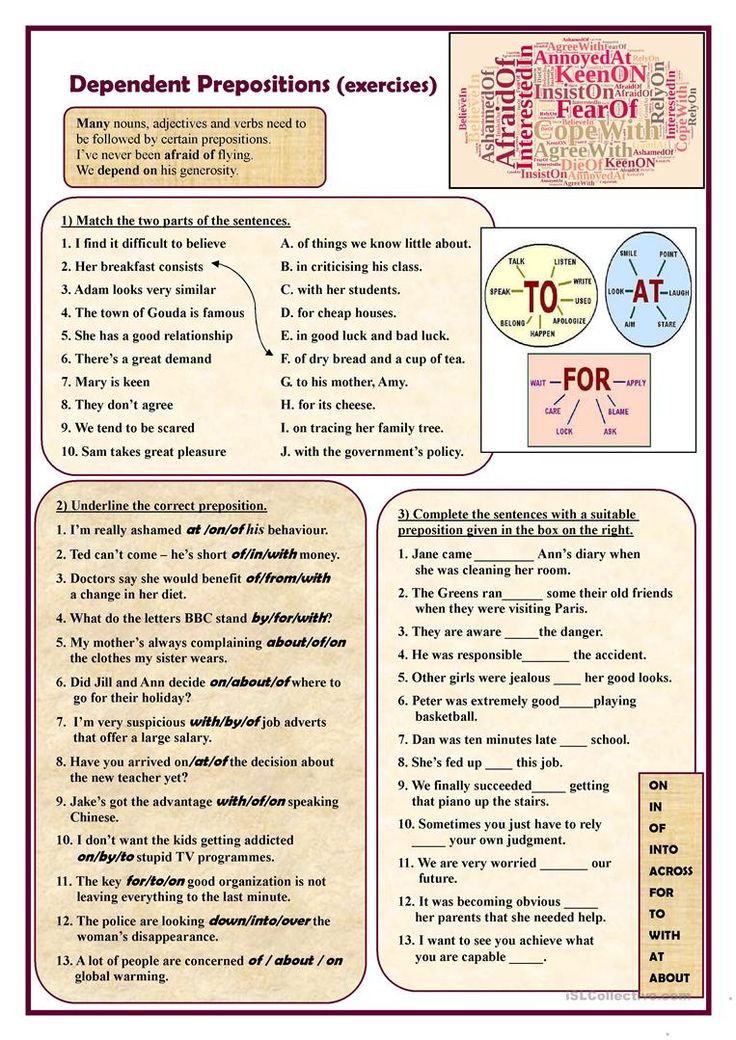
10. You have your own life outside of relationships
You love to be with your significant other, but at the same time you remain a self-sufficient person with your own interests and hobbies outside of relationships. It's cool sometimes to spend time apart, to have your friends and your favorite activities.
In a healthy relationship, you do not try to fill all your partner's free time with yourself, but allow him to have his own interests, which you do not condemn, but respect.
11. You have a similar daily routine
In a normal relationship, you managed to adjust to the biorhythms of another without harming your own health and mood. If you are a morning person and your partner is a night owl and no one wants to change their habits, this can become a problem over time.
In a healthy relationship, you managed to negotiate and find a balance so that both feel comfortable.
12. You are a team
You always take your partner's side, at least in public. Of course, in private, you can always voice what you really think and why your partner acted imprudently or too abruptly, but in public you have learned to play on the same team.
Of course, in private, you can always voice what you really think and why your partner acted imprudently or too abruptly, but in public you have learned to play on the same team.
13. You can speak with your partner in their love language
Sometimes it is important to see the world through the eyes of another person. Everyone has different needs, and that's okay. You have learned to understand what is truly important for your partner, and you know how to give him exactly what he needs, and not you. For example, it is important for someone to hear approving words of support. In this case, you know how to praise a person's talents, whether it's a virtuoso violin playing or the ability to get along with your mother.
14. You have sex
It's good, you want it. Together.
What if all this is not about your couple
Sometimes you need to be patient. Of course, you should not change your partner every time you encounter difficulties. Hand on heart, it's hard to imagine that you can immediately see a soul mate in a stranger and begin to trust the most intimate.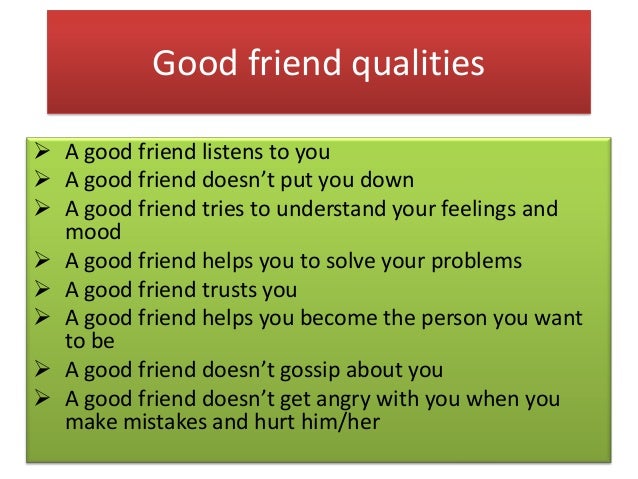
Relationships between people — is a job that requires patience, effort and time. This is a complex but extremely interesting process, which is more correctly compared with a joint journey than with arriving at a destination.
Remember, a healthy relationship is not a battle where there is competition and one side will win at some point. You are a team, which means you work together because you have a common goal.
Love — is when it's difficult around you, but it's easy for you two.
Read also 🧐
- 5 ways to test your relationship without moving in together
- 3 tricks to get rid of exhausting relationships
- What are interdependent relationships and how to build them
Vulnerability is the key to a happy relationship
This is a column by Mark Manson, author of the best-selling The Subtle Art of Not Giving a Fuck, Everything Fucks, and Man Rules. The original text can be read here , it is also included in Manson's latest book.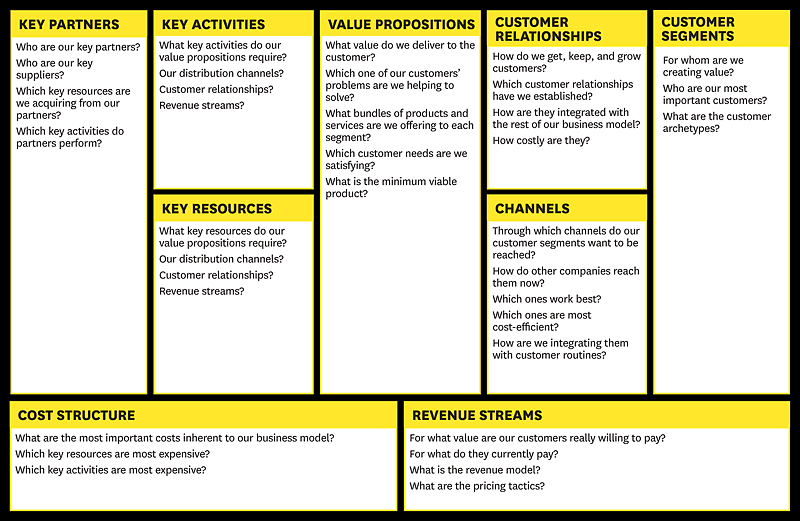
To get started, read the list below and check which statements apply to you:
- You constantly talk about boring topics because they are safe and you have no chance of offending anyone;
- You are stuck in a job or lifestyle that you don't like because you don't want to upset others;
- Dressing too well makes you uncomfortable;
- The smiles of strangers frighten you;
- The idea of asking someone out on a date openly scares you because of the possible rejection.
These are all symptoms of a larger problem: the inability to afford to be vulnerable. We have not been taught how to live or express emotions properly. For whatever reason - the situation at home, childhood trauma, parents who never expressed their emotions - we grew up with a deeply ingrained habit of keeping ourselves in hand.
"Do not argue. Don't be unique. Don't do anything 'crazy' or 'stupid' or 'selfish'.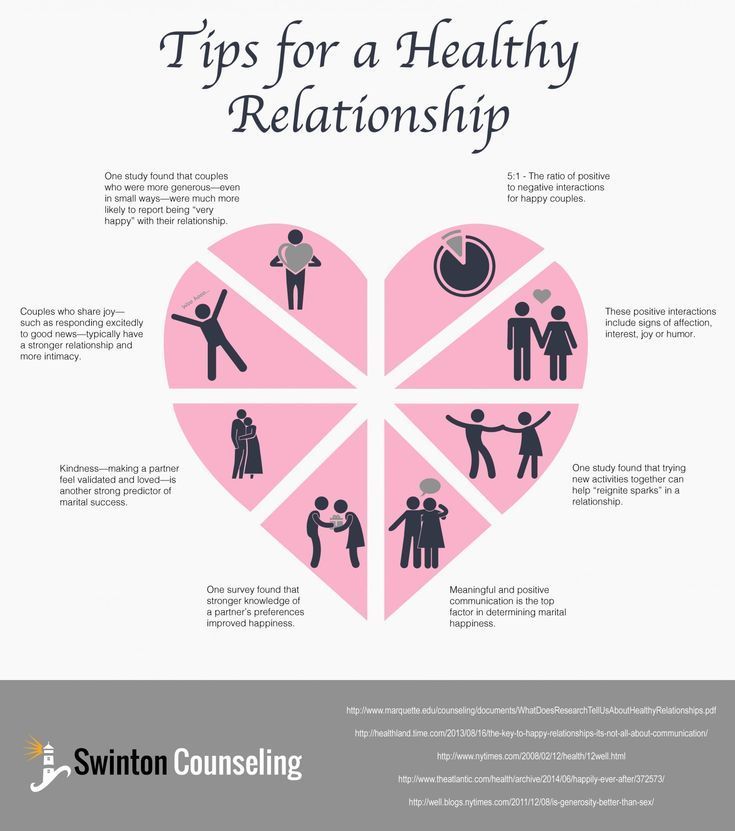 "
"
I was the same. All my youth I was afraid that no one would love me. The mere thought of someone hating me, a girl or a boy, literally kept me awake at night. As a result, every aspect of my life revolved around meeting the needs of others, hiding my mistakes and shortcomings, and shifting blame. But all this can be changed by becoming vulnerable.
What is vulnerability
Many people, and especially those who have spent most of their lives suppressing emotions, do not understand what it means to be vulnerable or vulnerable. Many behaviors that masquerade as vulnerability are actually manipulative.
"Vulnerability is the conscious choice NOT to hide your emotions or desires from others."
That's it. You simply freely express your thoughts, feelings, desires and opinions, regardless of what others may think of you. This is risky and often has real consequences. But the key to true vulnerability is that you are willing to accept the consequences no matter what.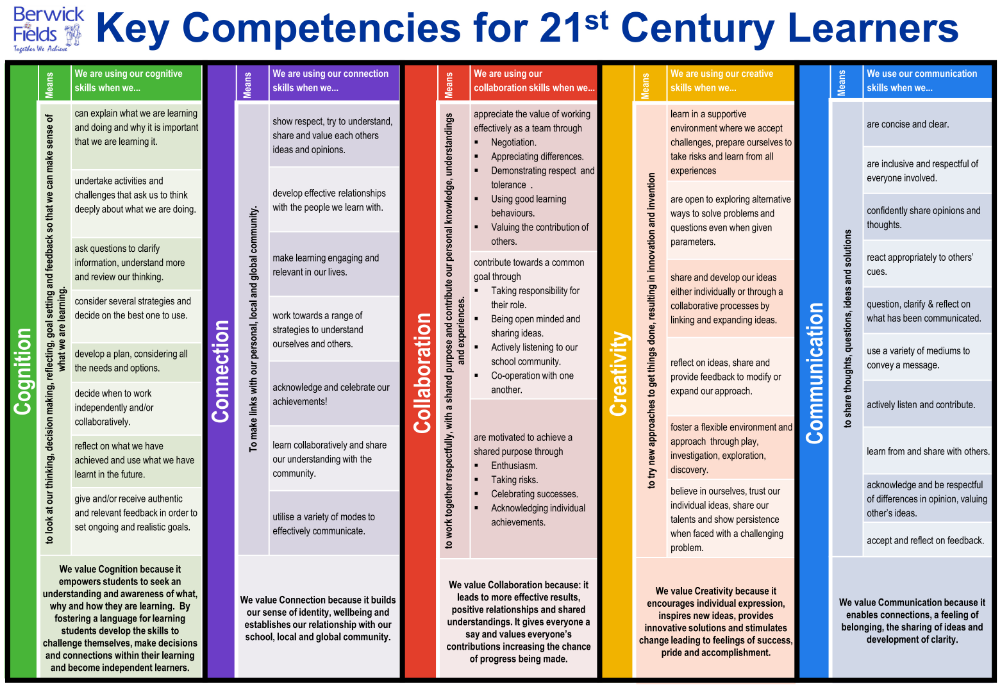 You offend someone, refuse someone, you can lose a friend, client or partner. But this is the road to real human relationships.
You offend someone, refuse someone, you can lose a friend, client or partner. But this is the road to real human relationships.
A few examples of genuine vulnerability:
1. You admit that you suck at something
If someone is clearly bad at something, be it golf or business negotiation, there is nothing more disgusting than when they show off how good he is at it. On the other hand, if someone admits they suck, you will likely respect them more.
If you are a terrible flirt, tell a friend about it and ask for their advice. If you can't build relationships with people at work, tell your colleagues about it and maybe they will have some advice for you.
2. You take responsibility instead of blaming others for your mistakes
We all know people who blame others for their problems. A man who blames his lying ex for every failed relationship. A colleague who is constantly screwing up and blaming everything on the economy, the atmosphere in the office, anything but his own incompetence. A woman who blames men for all her problems, because they are all goats.
A woman who blames men for all her problems, because they are all goats.
"If you take responsibility for your problems, you control them."
And if you reset, then you transfer control over the situation to everyone around and, spoiler, you cannot control everyone around. You may not be to blame for this or that situation, but if you are able to take responsibility for solving it, this is a serious step. And a great example of vulnerability, because you say "I have a problem. I'm not perfect, but that's okay. I can handle it."
3. You talk when you're hurt
It may seem easier than putting the wrongdoer in his place, but in reality, few people do it. Many try to build up their skin-armor and only smile in response to injections.
Telling people that they are hurting you is making yourself vulnerable. You show your feelings to another person, reveal your vulnerability. It's risky and can escalate into conflict, but your boundaries are worth defending.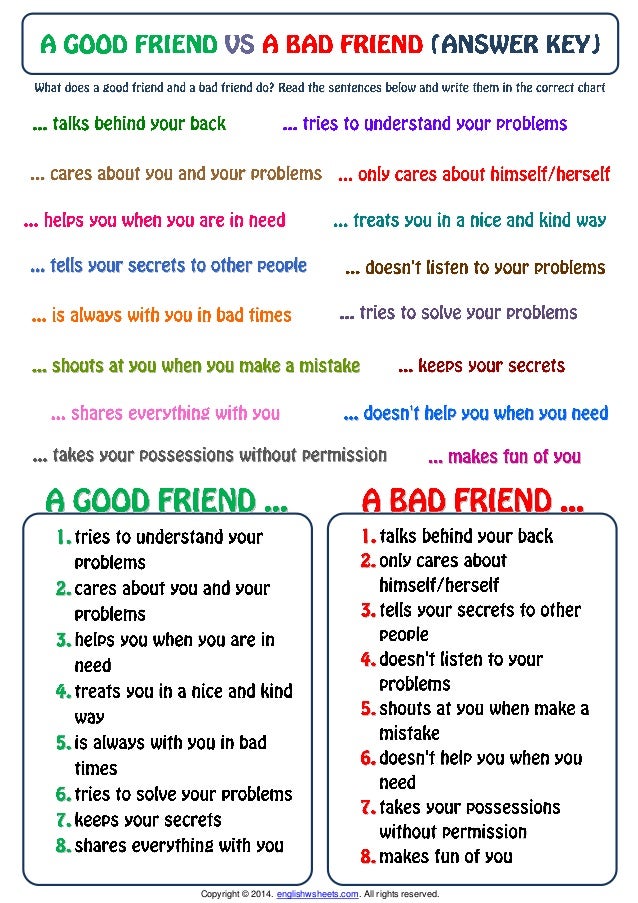
4. You tell people you love, respect and appreciate about it
This is the purest form of vulnerability, and it can hit you the hardest. You tell people that they are beautiful; to your friends — that you value them as individuals; express love and support to your parents and confess eternal love to someone. All this makes you vulnerable, because you do not know how the interlocutor feels. Your feelings may not match, this can lead to an imbalance in the relationship, and this can lead to a quarrel and so on.
Mark Manson. Photo: The Town Hall
But before you start confessing your love to everyone around you, we need to discuss the fine line between vulnerability and emotional psychopathy.
What is not a vulnerability
Usually a vulnerability is confused with one of two things:
- It is used as a tactic to get people to love you, give you money, sleep with you.
- She is passed off as emotional vomiting.
Let's figure it out:
Vulnerability is not a tactic
People think, “Oh cool, Mark says I just need to say something I don’t usually tell people and then they’ll like me/I’ll get a raise/I’ll be slept with/ they want children from me, etc.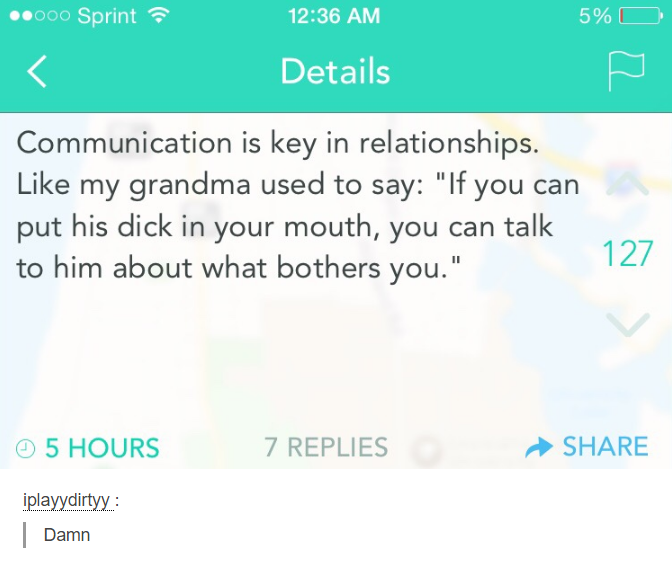 ” No.
” No.
If you tell someone about how you felt when your dog died, or about your strained relationship with your father, but you do all this so that you will be loved even more, this is not vulnerability. This is manipulation.
Not only do you continue to be fake, but you dig up your most cherished memories of life to try and please someone. Congratulations. You are officially desperate.
The most interesting thing is in your mail.
We send a digest of the best articles every two weeks.
By completing this form, I confirm that that I have read the Rules of the site, and I consent to the processing personal data.
reCAPTCHA is used in accordance with the Google Policies and Terms of Use.
Thank you for subscribing!
The real vulnerability is not what you do, but why you do it. It is the intention behind your behavior that makes it vulnerable.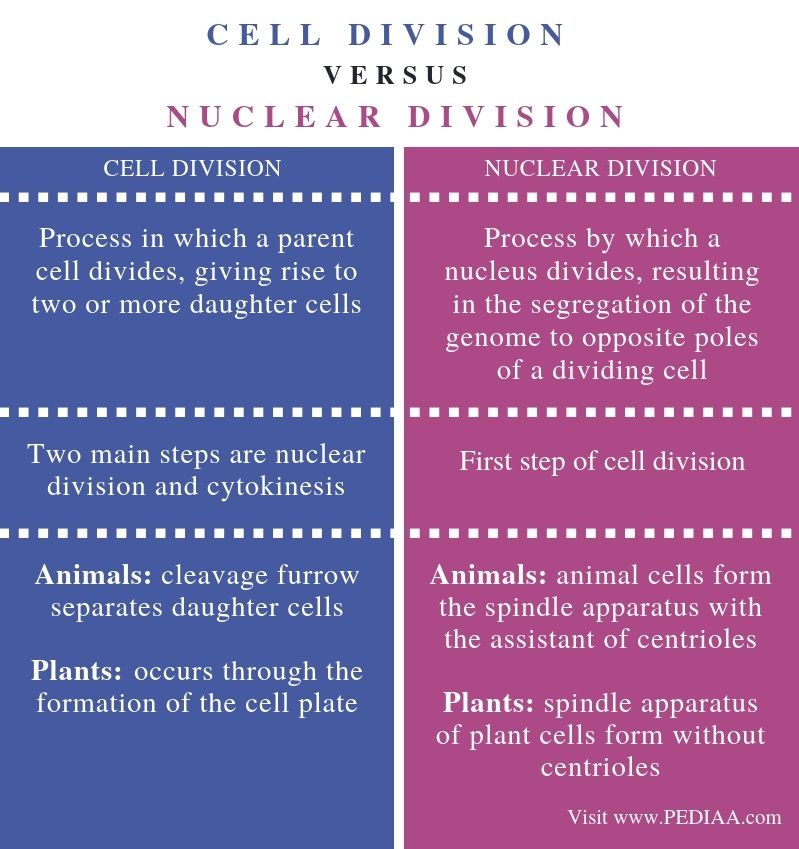 Are you joking because you think it's funny (that's vulnerability) or because you want other people to laugh and think you're funny (that's manipulation)?
Are you joking because you think it's funny (that's vulnerability) or because you want other people to laugh and think you're funny (that's manipulation)?
"The purpose of true vulnerability is not to appear more vulnerable, but to express yourself as sincerely as possible."
Emotional vomiting and vulnerability
Emotional vomiting is a situation in which you suddenly unload a huge amount of emotions and personal stories into a conversation, usually to the complete horror of the listener. In essence, you are open and sincere about how much you need approval. And need will never be attractive.
“The mistake people make is that they expect the act of emotional vomiting to solve all their problems. But its essence is for you to find out about your problems and be able to solve them.
As long as I kept talking about how stupid my ex was, my anger did nothing to solve my problems. I noticed how evil and disgusting I became without even suspecting it.